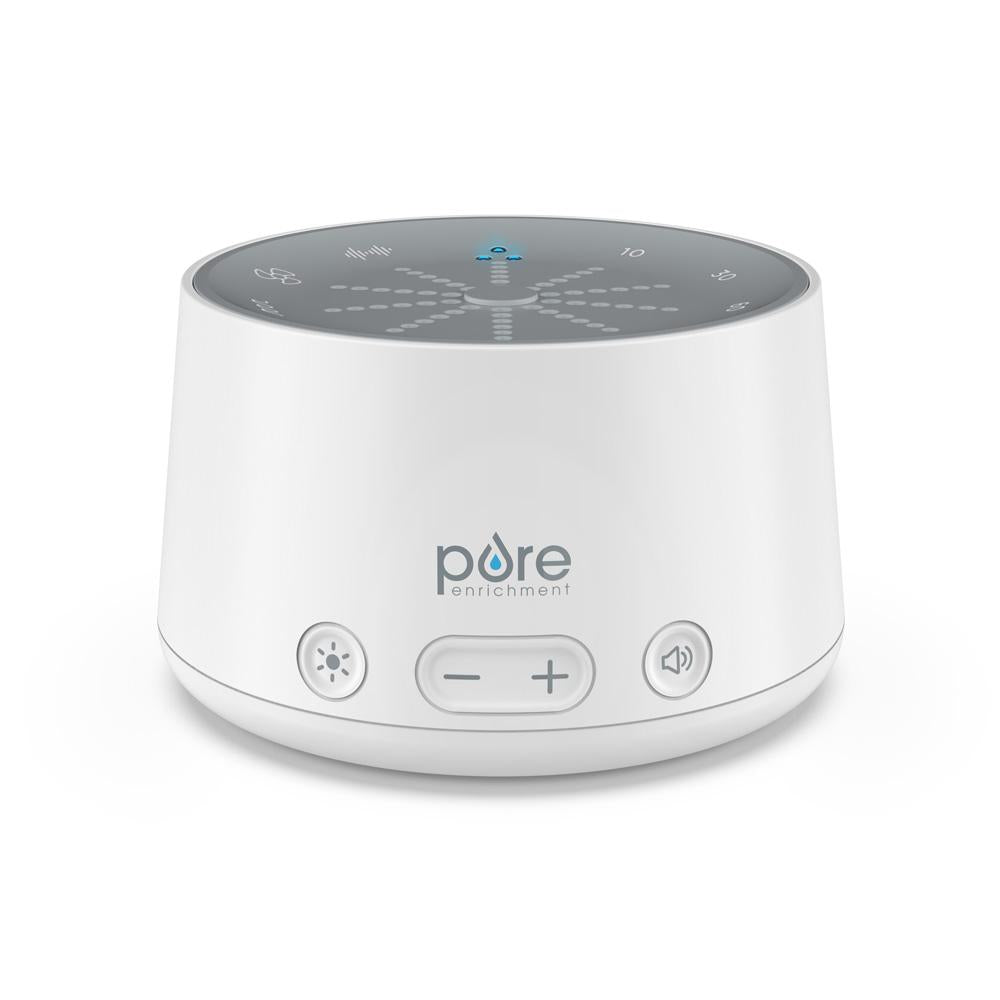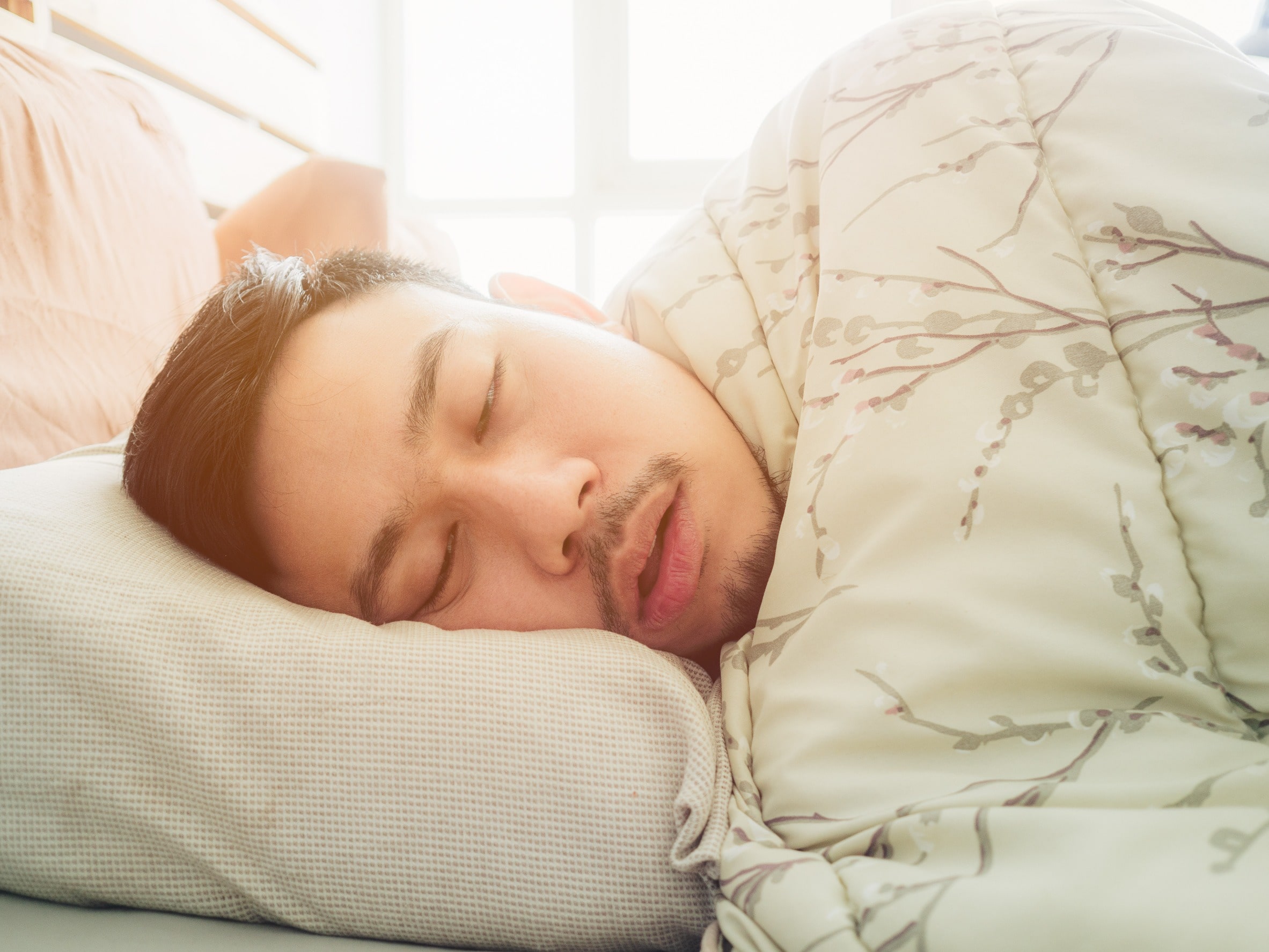Efficient Treatment Solutions for Managing Sleep Disorders and Enhancing Relaxed Sleep
In the realm of health care, the monitoring of sleep disorders and the pursuit for relaxing rest are crucial components of general health. As we navigate the elaborate landscape of rest problems and seek to enhance our rest experience, a deeper understanding of these therapy options may hold the trick to unlocking an extra relaxing and meeting restorative journey.
Cognitive Behavior Modification for Sleep Problems (CBT-I)
Cognitive Behavioral Therapy for Sleep Problems (CBT-I) is an organized, evidence-based treatment approach that concentrates on resolving the underlying elements adding to rest disruptions. This kind of treatment aims to modify behaviors and thoughts that worsen insomnia, eventually promoting healthy rest patterns. CBT-I generally involves a number of essential components, consisting of cognitive therapy, rest constraint, stimulus control, and rest health education.
Cognitive therapy helps individuals recognize and transform negative thought patterns and ideas about sleep that may be preventing their ability to fall or remain asleep. Rest restriction includes limiting the quantity of time invested in bed to match the individual's actual sleep period, thus boosting sleep efficiency (insomnia specialist). Stimulation control methods assist establish a solid organization between the bed and sleep by encouraging people to head to bed only when drowsy and to prevent engaging in stimulating tasks in bed
In addition, sleep health education and learning concentrates on developing healthy rest practices, such as keeping a constant sleep timetable, producing a relaxing going to bed routine, and maximizing the rest atmosphere. By attending to these elements adequately, CBT-I supplies an efficient non-pharmacological treatment for handling sleeplessness and enhancing overall sleep top quality.
Rest Health Practices
Having actually established the foundation of cognitive restructuring and behavioral modifications in attending to sleeping disorders through Cognitive Behavior modification for Insomnia (CBT-I), the focus now changes towards discovering important Rest Hygiene Practices for preserving optimal rest quality and total wellness.
Sleep health practices include an array of behaviors and environmental aspects that can significantly impact one's capacity to sleep and stay asleep throughout the evening. Constant rest and wake times, producing a relaxing going to bed regimen, and enhancing the rest atmosphere by keeping it dark, peaceful, and cool are crucial elements of great sleep health. Restricting direct exposure to screens before bedtime, preventing energizers like high levels of caffeine near to going to bed, and taking part in normal exercise throughout the day can likewise advertise better sleep high quality.
Additionally, practicing relaxation strategies such as deep breathing exercises or reflection prior to bed can assist calm the mind and prepare the body for rest. By incorporating these sleep health practices right into one's day-to-day regimen, individuals can develop a healthy and balanced sleep pattern that supports restful sleep and overall health.
Leisure Techniques and Mindfulness
Implementing relaxation strategies and mindfulness practices can play an essential function in fostering a sense of calmness and advertising high quality rest. Additionally, assisted images can help transport people to a tranquil place in their minds, assisting in anxiety decrease and improving sleep quality.
By integrating these practices into a bedtime regimen, individuals can signal to their bodies that it is time to relax sleep narcolepsy and prepare for sleep. Generally, incorporating relaxation techniques and mindfulness practices can significantly contribute to managing rest problems and enhancing overall rest top quality.

Medicine Options for Rest Disorders
After discovering leisure strategies and mindfulness methods as non-pharmacological interventions for improving sleep top quality, it is vital to consider medication choices for people with sleep conditions. In instances where way of living changes and therapy do not give sufficient relief, medication can be a beneficial tool in handling sleep disturbances.
Generally prescribed medicines for rest conditions include benzodiazepines, non-benzodiazepine hypnotics, antidepressants, and melatonin receptor agonists. Benzodiazepines, such as diazepam, are sedatives that can assist cause sleep, but they are commonly recommended for short-term use because of the danger of reliance. Non-benzodiazepine hypnotics like zolpidem are additionally used to deal with insomnia and have a reduced threat of reliance compared to benzodiazepines. Antidepressants, such as trazodone, can be useful for individuals with co-occurring clinical depression and rest disturbances. Melatonin receptor agonists, like ramelteon, target the body's natural sleep-wake cycle and can be useful for regulating sleep patterns.
It is essential for individuals to seek advice from a doctor to establish the most appropriate drug choice based on their particular sleep disorder and clinical history.
Light Therapy for Body Clock Law
Light treatment, likewise understood as photo-therapy, is a non-invasive treatment method made use of to regulate body clocks and boost sleep-wake cycles. This therapy involves exposure to brilliant light that mimics all-natural sunshine, which aids to reset the body's biological rhythm. By revealing individuals to details wavelengths of light, commonly in the morning or night depending upon the wanted effect, light treatment can effectively change the circadian rhythm to navigate to these guys promote wakefulness throughout the day and enhance restful rest during the night.
Research study has actually shown that light treatment can be particularly helpful for individuals with circadian rhythm disorders, such as delayed rest stage disorder or jet lag. It can likewise be handy for those experiencing seasonal depression (SAD), a kind of depression that generally takes place throughout the winter season when all-natural light direct exposure is reduced. Light therapy is normally well-tolerated and can be Learn More Here used in combination with various other therapy techniques for sleep conditions to maximize end results and boost overall sleep high quality.
Final Thought
To conclude, efficient therapy services for handling sleep disorders and enhancing peaceful sleep include Cognitive Behavior modification for Sleeping Disorders (CBT-I), rest health techniques, leisure techniques and mindfulness, drug choices, and light treatment for circadian rhythm law. These methods can assist people enhance their rest high quality and general wellness. It is crucial to seek advice from with a doctor to determine one of the most ideal technique for addressing rest problems.
As we navigate the elaborate landscape of sleep disorders and look for to improve our rest experience, a much deeper understanding of these treatment services may hold the key to unlocking a more rejuvenating and meeting restorative journey.
Rest limitation involves limiting the amount of time invested in bed to match the individual's real sleep period, thus enhancing sleep efficiency. Consistent rest and wake times, creating a relaxing going to bed routine, and optimizing the rest environment by maintaining it dark, peaceful, and cool are crucial parts of great rest hygiene. Light treatment is generally well-tolerated and can be used in combination with other therapy approaches for sleep problems to optimize results and boost total sleep high quality.
